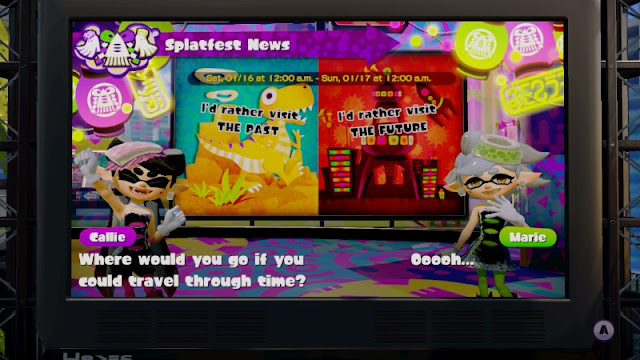 By LUDWIG VON KOOPA - Warning: It's a dystopian future. Don't let it become a reality.
By LUDWIG VON KOOPA - Warning: It's a dystopian future. Don't let it become a reality.
I'm sure that Hillary Rodham Clinton would love to be the next president of the United States of America, and in her dreams she would want a position much stronger than the president. One-woman ruler of the country. And if you're so foolish enough to allow that to happen, then you will be rewarding extremist anti-videogame, anti-creativity, and anti-freedom behaviour on her part. If videogame company executives or any self-professed gamers vote for her, then they either have short memories or they're not “real” gamers. This is a litmus test for your gaming credibility.
Hillary Clinton notoriously CREATED the Family Entertainment Protection Act while she was a United States Senator from New York at the end of 2005 as a response to the (inaccessible in-game) Rockstar Hot Coffee mod discovered in the code of Grand Theft Auto: San Andreas. What this means is that she wanted (and likely still does) the government's hands in the regulation of the videogame industry for the purposes of “protecting children.” I briefly mentioned Hillary Clinton and the Family Entertainment Protection Act in a great article a year ago, but this was a super-important moment in our industry's history — so it deserves more than just a cameo/tangent in another article.
There were five parts to this act (which didn't get out of committee — so there wasn't a vote on it) that I'll briefly summarise. Then I'll tell you what it would've done if it passed as-is:
There were five parts to this act (which didn't get out of committee — so there wasn't a vote on it) that I'll briefly summarise. Then I'll tell you what it would've done if it passed as-is:










